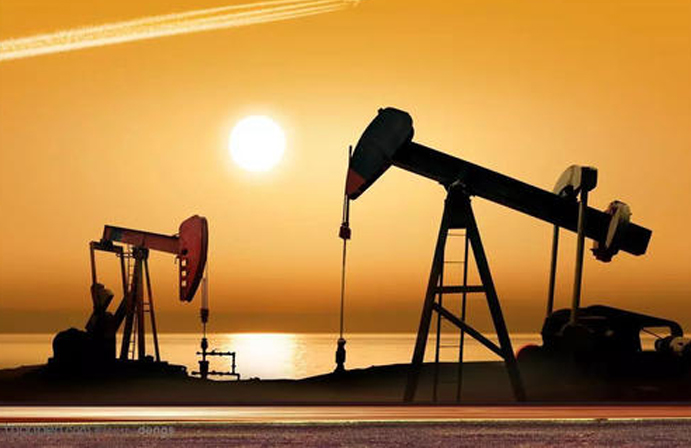2021-04-22

Oil is a fluid mineral buried underground. At first, people call oil-like liquid minerals produced by nature as oil, combustible gases as natural gas, and solid combustible oil minerals asphalt. With the deepening of the study of these minerals, we recognize that they are all hydrocarbon compounds in composition and are related to each other in genesis, so they are called petroleum. The 11th World Petroleum Conference in September 1983 proposed that oil is a complex mixture of gaseous, liquid and solid hydrocarbons and a small amount of impurities existing in nature. So oil exploitation also includes natural gas exploitation.
Oil plays an important role in national economy. Compared with coal, it has the advantages of high energy density (equal weight oil combustion heat is 50% higher than standard coal), convenient transportation and storage, and less pollution to the atmosphere after combustion. The fuel oil extracted from oil is the main fuel of various kilns in transportation tools, power plant boilers, metallurgical industry and construction materials industry. Liquefied gas and pipeline gas with petroleum as raw materials are the high quality fuels for urban residents. Aircraft, tanks, ships, rockets and other spacecraft also consume a large amount of oil fuel. As a result, many countries have listed oil as strategic materials.